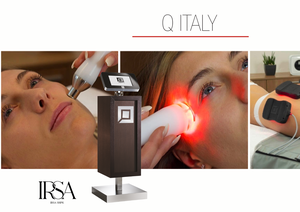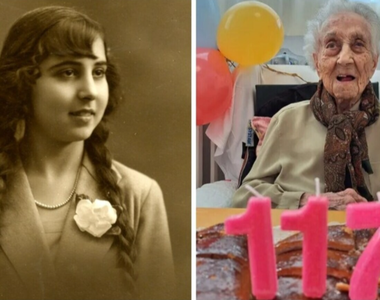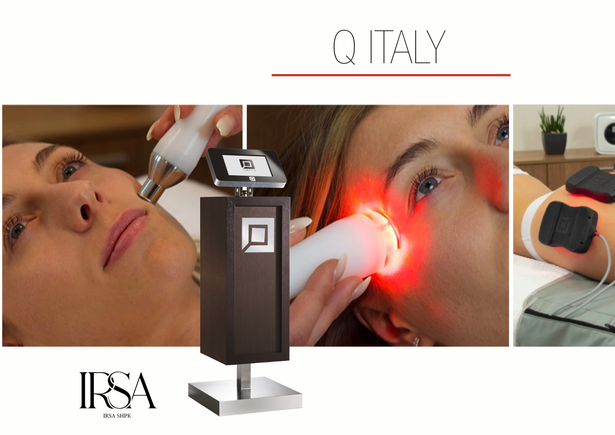?
One of the main functions of emotions is to strengthen memory to improve recall of experiences that matter to us.
Emotions emphasize certain aspects of these experiences to make them more memorable. The process of memory formation includes recording, processing, storing information, as well as recalling it.
Here's how emotions affect the stages of memory formation:
1. Attention:
Mindfulness helps us focus on what is most important to our lives and is usually related to new things that have happened.
Nothing focuses the mind more than a surprise. For example, while you may have a lot of fun during one conversation, the same conversation a second time may seem boring. Emotional intensity narrows the field of attention, emphasizing some things at the expense of others.
2. Consolidation of memories:
Most of the information we receive is forgotten and never enters long-term memory. When we learn a complex problem, short-term memory is released and the action becomes automatic.
Emotionally charged events are remembered better than neutral ones. You will never forget some events, such as the joy of the birth of your first child or the sadness you experienced during a death. Stress hormones, such as epinephrine and cortisol, enhance memory.
3. Recalling memories:
Memories of painful emotional experiences last much longer than those associated with physical pain. Feelings of hurt can be more severe than physical pain.
4. "Priming":
Memories of the past are often triggered or activated by one's environment. "Priming" refers to the activation of behaviors through unconscious cues. The goal stored in long-term memory is retrieved and placed in short-term memory.
Suggested Articles:







